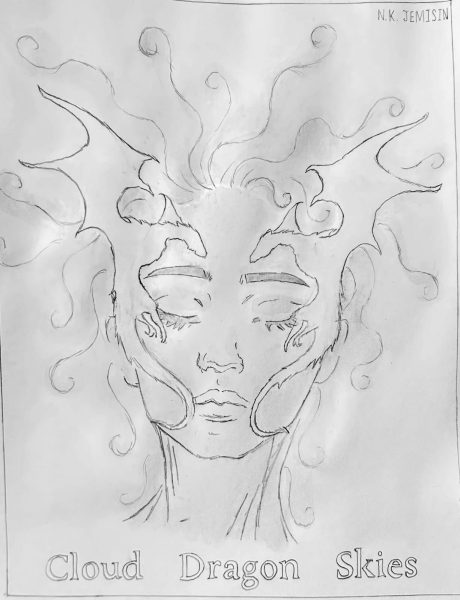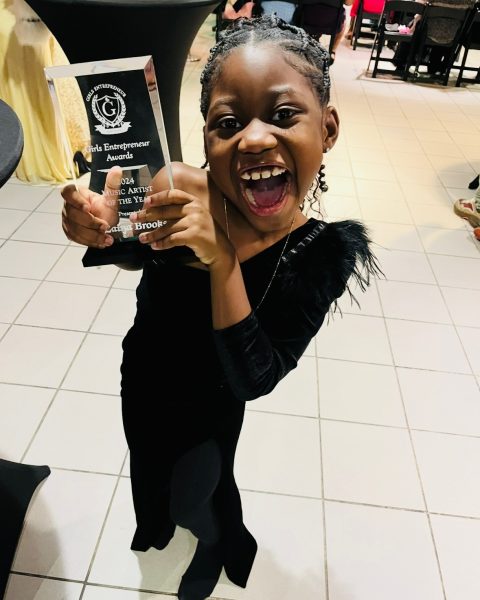Esports Takes the World By Storm
New sports, new opportunities, new challenges.
On August 25th the European team OG won $35 million and became the first repeat winners of the Dota 2 International Championship by beating Team Liquid, the 2017 champions, in a 3-1. In every respect, esports has been growing at a breakneck pace. This year, the esports industry earned over $1 billion in profits, a 26.7% increase from last year, expanded to an audience of over 450 million, and made headlines when ESPN incorporated esports into their broadcast schedule.
In the view of Chandler Murch, technical director at Valve, a gaming company known for its “Steam” platform and Dota 2, esports teach players the same lessons as traditional sports.
“There are a lot of positive lessons you learn, anything you’d learn in a ‘regular’ sport about teamwork, focus, and discipline,” Murch said, “the teams that practice in a thoughtful and mindful way are the ones that get better and win. It’s not just playing a video game over and over. It has to have mindfulness to it.”
Esports also resembles traditional sports commercially. OG is sponsored by Red Bull, much like how the Sounders were sponsored by Xbox. Since OG doesn’t have a stadium or uniforms like the Sounders, they display the Red Bull logo on their team insignia. Like sports teams, esports teams are usually privately-owned and operated for profit. Because prize money usually goes to the players, the teams make money from sponsorships, advertising, and merch.
Unlike traditional sports teams, esports teams often don’t limit themselves to one game, entering players in tournaments for Dota 2, League of Legends, Fortnite, and a host of other games, something like if the Seahawks played football, basketball, and baseball. In some sense esports are also more egalitarian than traditional sports.
“There’s lower barriers to entry. You can play so many of these games on a wide range of computers or mobile phones for very low costs at any time of day,” Murch said.
Beyond that, body type is a non-issue. If you’re under six foot, a basketball career is out of the question, but in esports playing at a professional level is unrestrained by physical factors out of your control.
However, professional esports culture isn’t without its own problems. Esports is “known for being intolerant to outsiders,” as described by Murch. In particular, Murch thinks this “toxicity” – what the esports community calls this exclusionary behavior – provides a barrier to entry for young women. Top level esports teams are almost entirely male, a major gender equity issue in an arena that, in theory, should be gender-neutral.
“[The root of the gender disparity] probably follows the history of gender disparity in video games,” Murch said.
Stigma about women in gaming extended into esports, which combined with the smaller pool of women interested in esports because of the stigma to lead towards a male-dominated space. Luckily, the esports community is improving.
“Over time [the gender disparity] has changed and we’re closer to parity in some demographics,” Murch said, “there have been leagues that have sprouted up to cater to female competitors.”
One such league is the Female eSports League (FSL), which hosts tournaments around the world for female competitors.
Other issues arise from esports’ large international audience.
“Any company that does business in countries that have different standards, countries like China, Korea, or Germany, which has long had restrictions on violence, has to abide by local standards and rules,” Murch said.
That’s challenging when those standards aren’t politically neutral. In a scandal earlier this year, Activision Blizzard suspended pro Hearthstone player and Hongkonger Blitzchung, confiscating his prize money after he spoke up in favor of the Hong Kong protests. Earlier this year, a number of NBA teams faced severe reprisals from China after athletes expressed their support for Hong Kong, leading to speculation that Blizzard was attempting to avoid similar Chinese backlash. After an outcry of support for Blitzchung, Blizzard ultimately returned the money but left Blitzchung’s six month suspension in place. The situation demonstrates the complexity of organizing a growing, global industry in a complex world.
“[Companies] have customers everywhere, so [they’re] trying to balance against two opposing forces that are in contention with one another. I don’t think there’s a simple answer to it. It’s a big world,” Murch said.

Garfield 2021. Avid fan of boba, cats, and rocks. Not particularly in that order.





